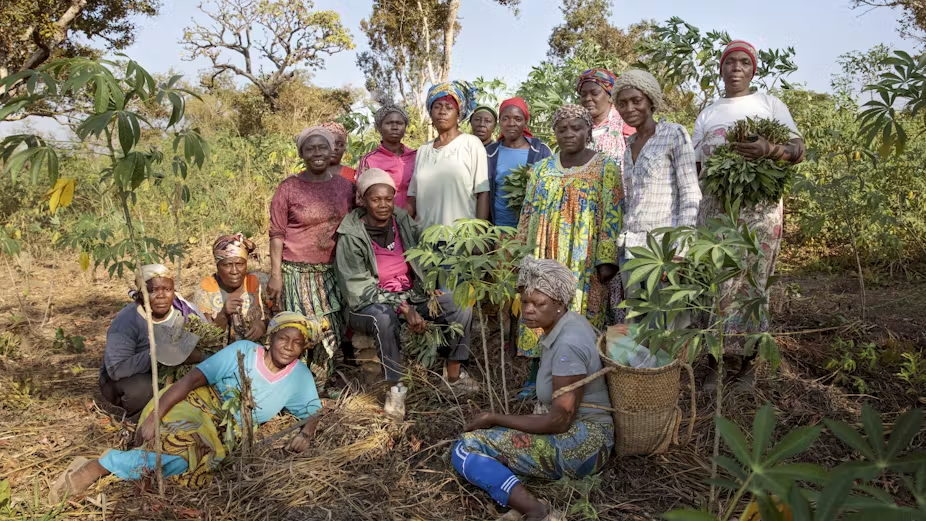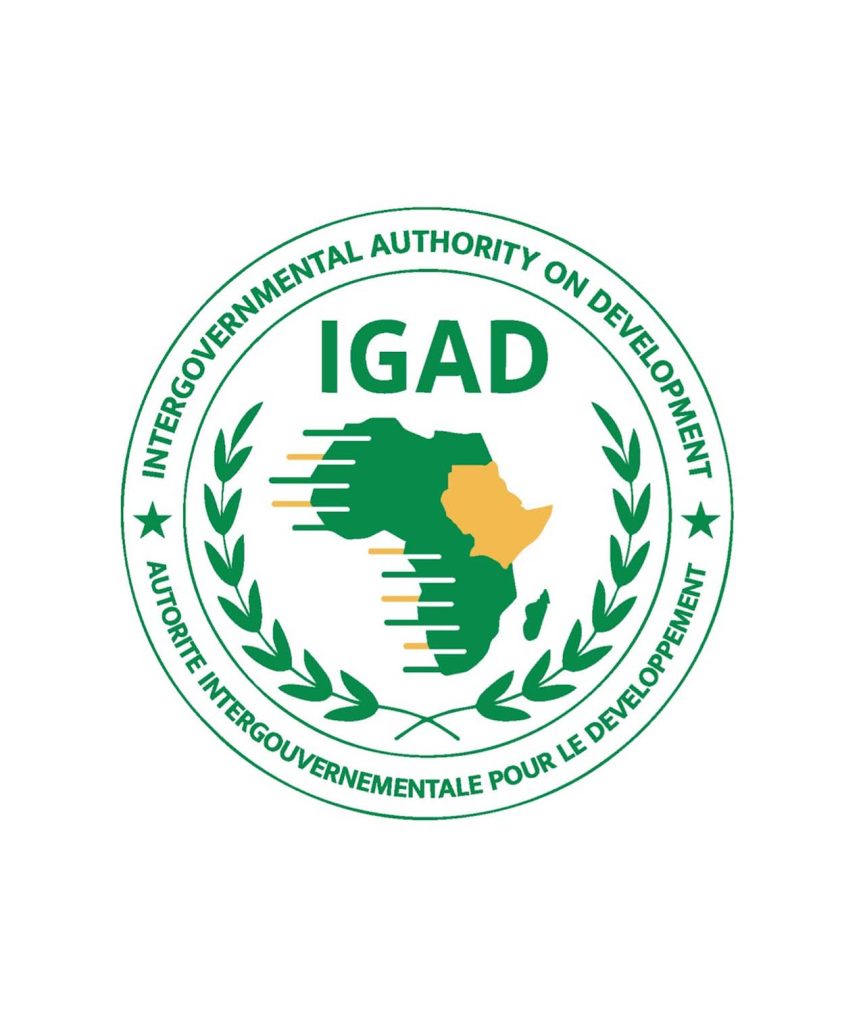There are 33 million smallholder farmers in sub-Saharan Africa, making up 80% of the total farmer population. These farmers cultivate small plots of land of less than two hectares and don’t make much money, as they generally sell their produce in local markets. They usually lack the funds needed to process their crops into a product that could sell for a higher price, and they struggle to get into supply chains where they could sell for higher prices. Agricultural economist Lesley Hope has researched what is needed for women smallholder farmers to switch to agroecology – environmentally friendly farming that works with nature – and develop thriving businesses at the same time.
What is the role of women in agriculture and how can agroecology help them?
Women make up over half of sub-Saharan Africa’s 33 million smallholder farmers. They don’t just grow crops – they also work in agroprocessing (making crops into other products) and marketing. Women farmers generally have deep-rooted knowledge of local ecosystems, traditional farming and ways to grow and store seeds. However, they cannot easily access productive resources such as land, agricultural equipment or finance.
This is why a set of farming practices that use natural inputs at a lower cost can help women smallholder farmers to build more productive farms. For example, agroecology involves environmentally friendly practices that include:
- reduced use or dependence on synthetic inputs such as chemical fertilisers and pesticides
- the use of organic materials for soil improvement and crop protection, like compost or mulch
- encouraging intercropping (growing two different crops together) or mixed cropping and agroforestry (farming trees with plants)
- the integration of farms with livestock.
Agroecology also supports local markets and a shorter chain for food from the farm to the table. In this way it reduces people’s dependency on buying food at prices that are influenced by the global market. It also means that smallholder farmers do not rely on the global market for purchase of fertilisers and pesticides for their production activities.









